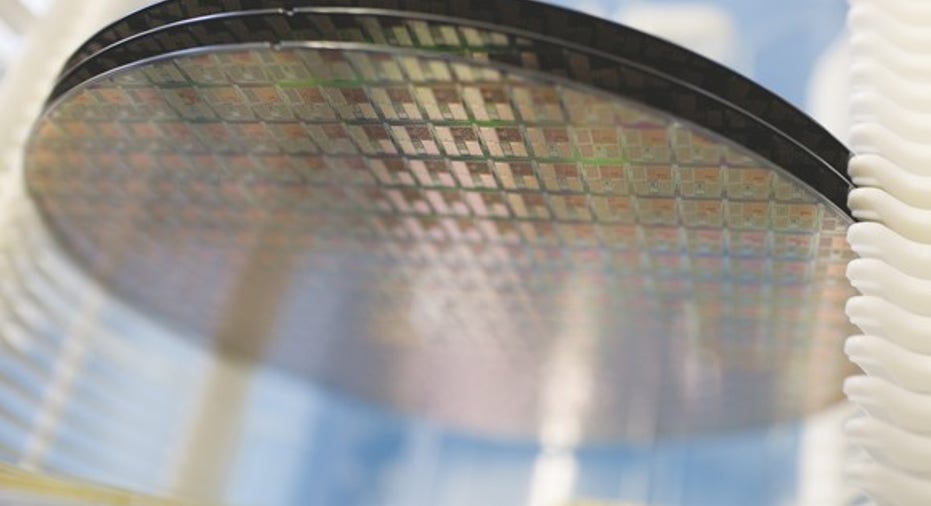After Buying NXP Semiconductors, Are Qualcomm's Dividend and Stock Buyback Safe?

On Oct. 27, wireless technology giant Qualcomm (NASDAQ: QCOM) announced that it had entered into an agreement to purchase NXP Semiconductors (NASDAQ: NXPI) for $110 per share, or an implied enterprise value of $47 billion.
Image source: NXP Semiconductors.
The deal, Qualcomm says, will be "financed through cash on hand" as well as "$11 [billion] in new debt."
Some Qualcomm investors might be wondering what this large acquisition might mean for the company's dividend and share buyback programs. Let's take a closer look.
Near term: dividend growth still on the table; share buybacks likely to slow
In a slide deck that Qualcomm posted following the transaction announcement, the company explicitly addressed what's in store for both the share buyback and dividend policy -- at least in the near term.
On the dividend, Qualcomm says it's "committed to the current dividend" (which, as of this writing, is $0.53 per share every quarter) as well as to "continued dividend growth." In other words, it doesn't appear that the company plans any changes to its dividend policy or trajectory.
Income investors, you can breathe a sigh of relief.
With respect to its share-buyback program, Qualcomm is committing to "anti-dilutive share repurchases through [the] deleveraging period." The company says that it has the "ability to rapidly deleverage" (in other words, bring down debt) and expects "to approach pre-transaction leverage ratios within two years of close."
Based on that commentary, it looks as if Qualcomm will buy back enough stock to offset the typical dilution that comes from things such as share-based compensation. But beyond that, Qualcomm's near-term focus will be on bringing down its debt load rather than on shrinking its share count.
What about the longer term?
A company's ability to buy back stock and pay an increasingly fat dividend is ultimately dependent on its financial performance. According to Qualcomm, the "combined cash flow profile [of the two companies] provides strong support for future capital returns."
Indeed, Qualcomm says it expects its acquisition of NXP Semiconductors to "be significantly accretive" to non-GAAP earnings per share "immediately after close."
Beyond that, though, Qualcomm says that the combined company should be able to reduce costs by $500 million. Around 35% is expected to come from cost of goods sold, and around 65% from operating expense reductions. The company expects that these cost savings should hit this target run-rate "within two years of close."
Once Qualcomm pays down the debt that it's planning to take on to make this deal happen, and once those expected cost savings are fully realized, the company should be in a very good position to not only continue to grow the dividend, but also to be able to resume taking down its share count with buybacks.
It's important for investors to keep in mind that above all else, a company should generally allocate its capital toward ensuring the long-term future of its business. This includes smart investments in research and development, marketing, and -- on occasion -- takeovers of other companies.
Once the business is taken care of, then items such as dividends and share buybacks will practically take care of themselves.
A secret billion-dollar stock opportunity The world's biggest tech company forgot to show you something, but a few Wall Street analysts and the Fool didn't miss a beat: There's a small company that's powering their brand-new gadgets and the coming revolution in technology. And we think its stock price has nearly unlimited room to run for early in-the-know investors! To be one of them, just click here.
Ashraf Eassa owns shares of Qualcomm. The Motley Fool owns shares of and recommends NXP Semiconductors and Qualcomm. Try any of our Foolish newsletter services free for 30 days. We Fools may not all hold the same opinions, but we all believe that considering a diverse range of insights makes us better investors. The Motley Fool has a disclosure policy.



















